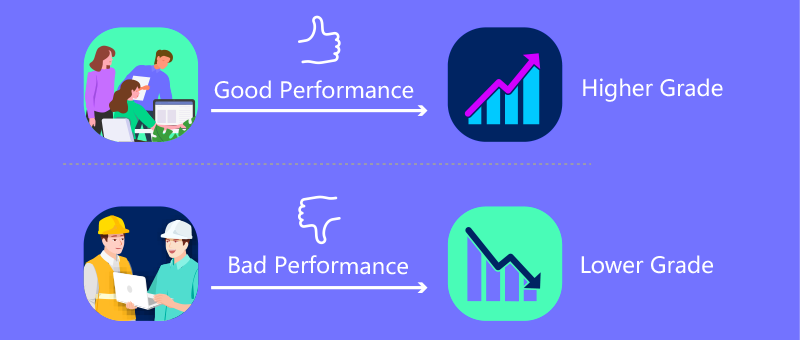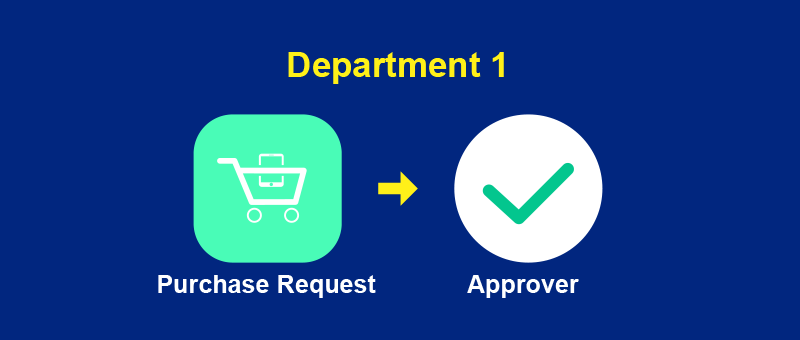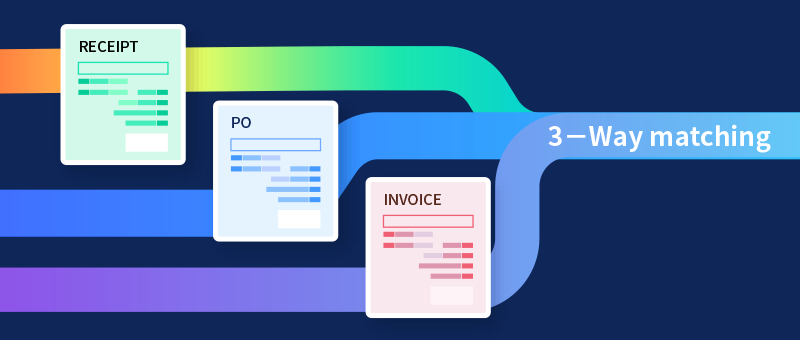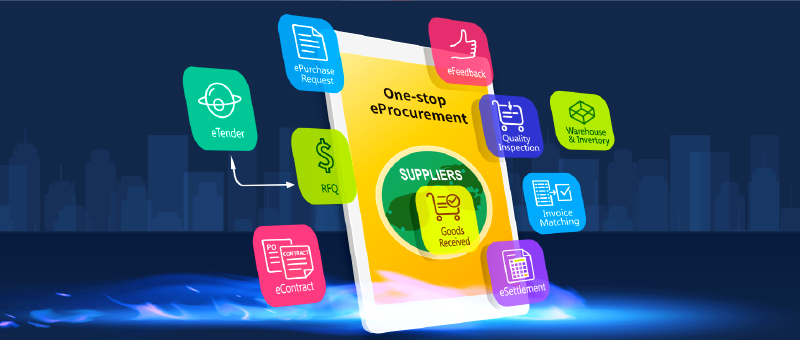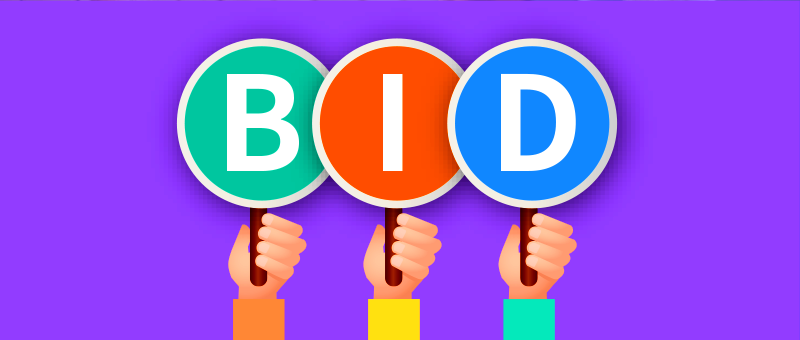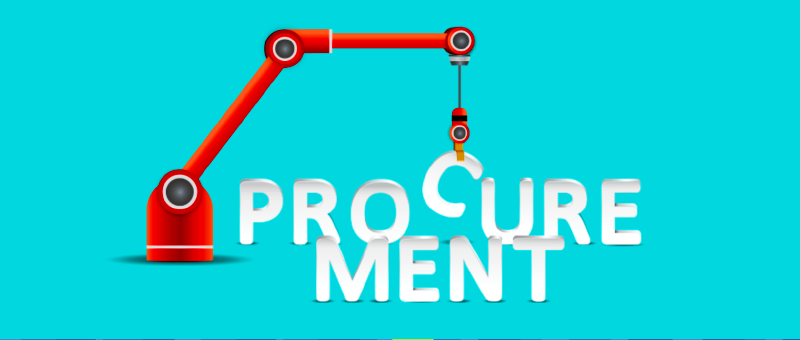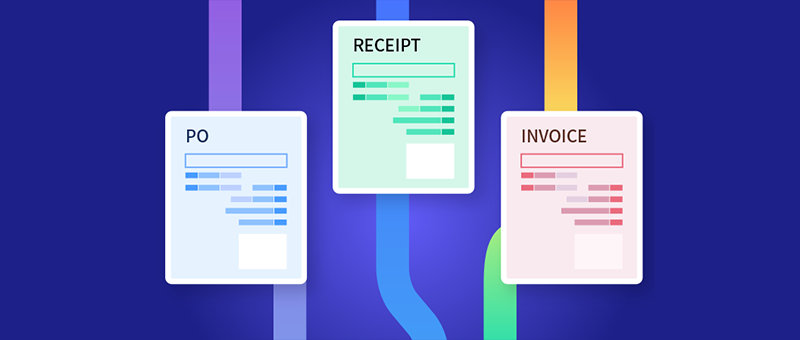



-
Purchasing

Purchasing focuses on the cost of the order, while procurement focuses on value creation and the total cost of ownership. While purchasing aims to minimize the cost of an order, procurement aims at other objectives like risk mitigation, contract compliance, cost savings, ongoing supplier relationships, etc.
The purchasing process is important because it gives your business a structured way to address its needs. It also allows for more informed financial planning.
 SRM’s purchasing process can help your business prevent fraud or irregular spending since it requires documenting all business transactions and automatically creates a non-erasable audit trail.
SRM’s purchasing process can help your business prevent fraud or irregular spending since it requires documenting all business transactions and automatically creates a non-erasable audit trail.
Identify the need --
The purchasing process begins when the business recognizes that it has a need for a product, tool or service that will enhance its operations. Team members can help identify needs as they complete their daily work by notifying their supervisors of any challenges they encounter. Once the organization identifies a need, it can begin the purchasing process.
Specify the requirement --
During this stage, leaders investigate the need further and come up with a plan for exactly what they require. For example, a frequent shortage of printer paper becomes the need for weekly deliveries of 500 sheets of inkjet printer paper to ensure a continuous supply.
The person who identified the need often works with other team members and management to come up with the right solution to the problem, especially when concerning a larger purchase. For example, the employee who identified the need for more printer paper may have the power to specify the requirement on their own, while the need for new computer systems throughout the entire office likely requires input from others.
Find and choose a supplier --
Find potential suppliers who can provide the specific product or service you want to purchase. You can conduct your own research online or contact those in your professional network to ask for recommendations. If shipping costs are a factor in your purchase, look for businesses in your local area.
During this stage, it is a good idea to consider several suppliers and compare them against one another. When necessary, contact the supplier and request a quote or proposal from them. As you are considering suppliers, consider factors such as cost, reliability and delivery time.
Negotiate costs --
In many situations, it is possible to negotiate costs with a supplier, especially when placing high-priced orders or orders you expect to recur regularly. Contact the supplier you are considering and ask if they are open to negotiating the price. Suppliers may negotiate if it means they can secure a large or long-term contract for their business.
Get order approval --
Before your business can initiate the transaction, you may need to get approval for the order. This could include working with upper management and the accounting department to ensure there are enough available funds within the budget for the purchase. In some scenarios, the business may also need to establish a line of credit with the supplier. If you haven't already, explain to management why this purchase is necessary and how you achieved a reasonable price from the supplier.
Place the order --
Once both sides agree to the transaction, you can formally place the order. Have both sides agree to the specific details, such as price, delivery times, fees and installations. Get everything in writing and have representatives from both organizations sign it. Then keep a copy of this agreement in your files for future reference.
Receive and approve the order --
When the order arrives, check for any issues with the product or anything the supplier failed to deliver. Timeliness is key because if there are any problems, the supplier should address them before you release the rest of the payment.
Review supplier performance --
Whether you work with a supplier on a one-time transaction or set up recurring transactions, make it a regular practice to review your suppliers' deliveries for quality and timeliness. A record of these reviews can help you identify and track any issues that might arise later in your contract. Continue relationships with suppliers who continue to meet your business needs.






















